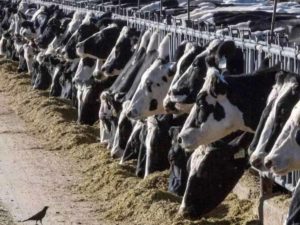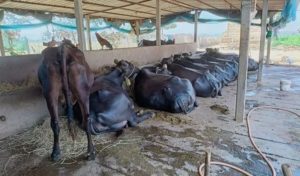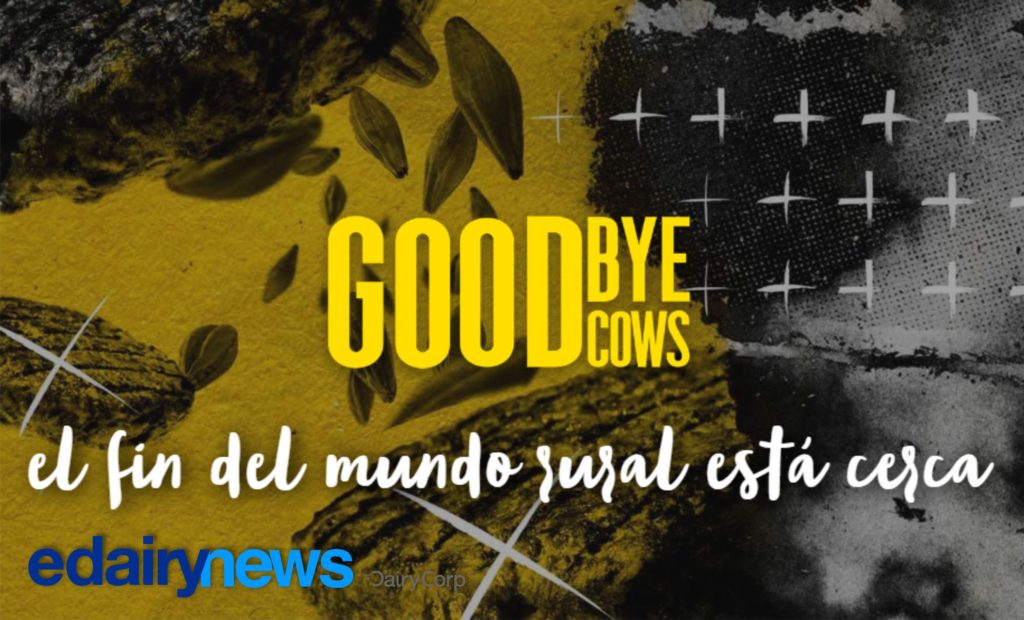With the closure of restaurant dining rooms during the COVID-19 pandemic cutting into demand, P.E.I.’s dairy farmers have reduced production.
The 160 milk producers on P.E.I. have dropped the amount of milk cows produce by between three and five per cent. So far Island farmers haven’t had to dump any milk yet, which has happened in other provinces.
Gordon MacBeath, chair of Dairy Farmers of P.E.I., said this amounts to between 150,000 and 200,000 fewer litres a week, with a cost of about $150,000 a week to the industry.
“We told producers to prepare for a tough year,” said MacBeath.
“We operate on very low margins, with pennies per litre, so when we take a percentage like that out of our daily production then it will have a significant impact on the bottom line of P.E.I.’s dairy farmers.”
Some farmers are drying cows off, allowing milk production to stop and putting them out to pasture, said MacBeath. Those producers are hoping to quickly ramp up production again when demand returns.
Others have decided to cull some of their cows, usually sending them to Atlantic Beef Products in Borden-Carleton.










